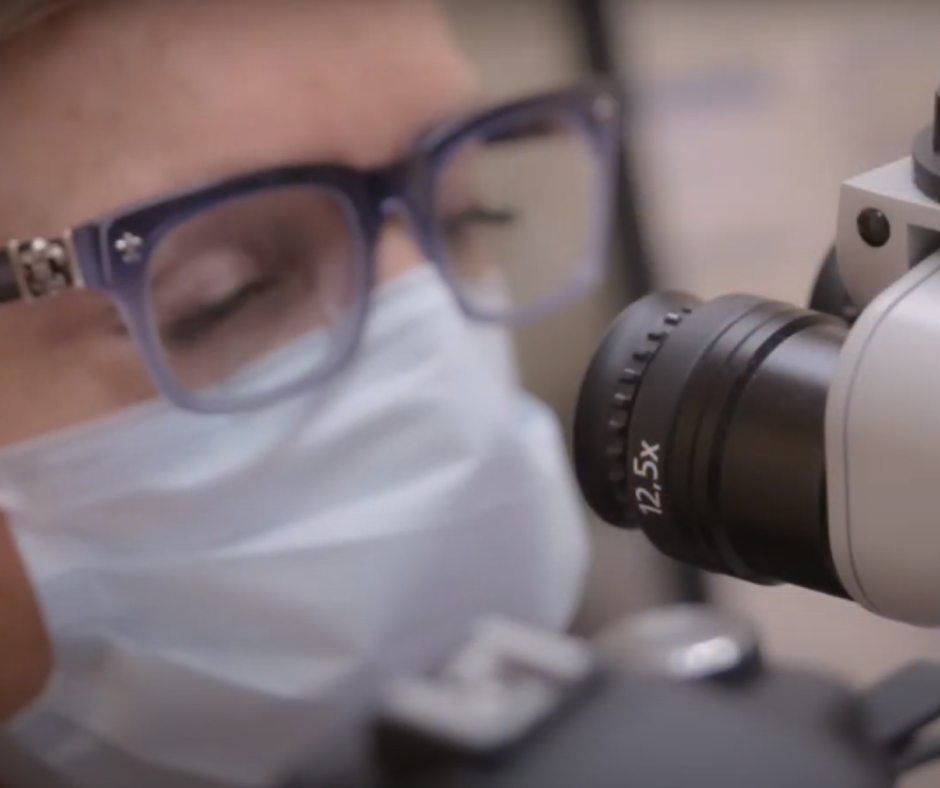Dental implants have provided many of us with reliable, attractive, and functional teeth in recent decades. Smiles impacted by total or partial natural tooth loss have been restored to their previous luster – or better!
However, while dental implants have a success rate upwards of 95 percent, failure is possible. You can feel more confident about having a dental implant procedure, and protect your investment in a future that includes robust oral health, if you understand several key factors leading to dental implant success.
What Makes A Dental Implant Successful?
- An accurate diagnosis. Making sure that dental implants are a workable approach to addressing failing or missing teeth is a crucial first step. Your dental professional will do a thorough dental examination, ask questions about your overall health, and assess your gums and your jaw’s bone density.
- Prompt execution of the dental implant procedure. Once it’s been determined that dental implants your solution, planning should begin immediately. Dental implants are completed in stages, with healing time in between each one, so the sooner the process begins, the better.
- Systemic health concerns are addressed. Diabetes, smoking, low bone density, and gum infection can all make your dental implant more likely to fail. Discuss any health issues with your practitioner and follow their directions, as well as those of the rest of your care team.
- A skilled practitioner using up-to-date technology. Dental implants go more smoothly when a dentist has additional training in implants and has the tools to place the implants accurately. The Phoenix Endodontic Group, like many practices that place dental implants, utilizes cone-beam computed tomography (CBCT) technology, providing 3-D images of our patients’ soft tissues, teeth, nerves, and bone in one scan.
- Your commitment to ongoing care. Your commitment to proper self-care can make or break a dental implant’s success. To avoid the most common reasons for dental implant failure, you’ll need to brush and floss your implants daily, visit your dentist regularly for checkups, get LOTS of calcium, and proactively address conditions that damage your mouth, such as smoking and bruxism (grinding your teeth).
“Many of our dental implant clients do not initially realize that the success of the implant procedure requires partnership between them and their dental professional,” says Dr. Jacqueline S. Allen, who practices at the Phoenix Endodontic Group. “Our staff work closely with clients before, during, and after the dental implant process to ensure best results.”

